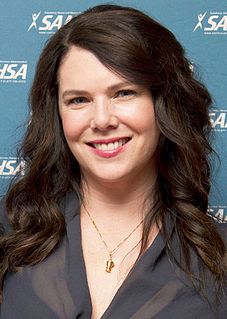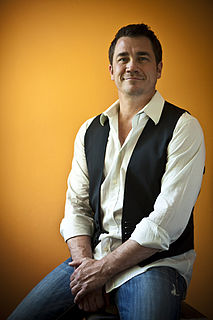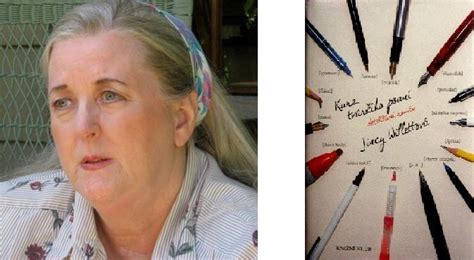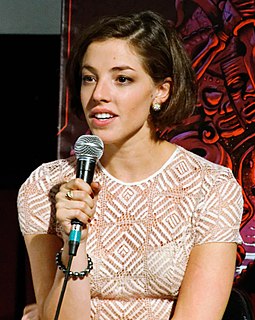A Quote by Shannon Hale
Seriously, a thirty-something woman shouldn't be daydreaming about a fictional character in a two-hundred-year-old world to the point where it interfered with her very real and much more important life and relationships. Of course she shouldn't.
Related Quotes
I try to see the whole woman,' Eddie said to Hannah. 'Of course I recognize that she's old, but there are photographs - or the equivalent of photographs in one's imagination of anyone's life. A whole life, I mean. I can picture her when she was much younger than I am - because there are always gestures and expressions that are ingrained, ageless. An old woman doesn't see herself as an old woman, and neither do I. I try to see her her whole life in her. There's something so moving about someone's whole life.
Over and over in the play my character says, "I'm thirty-two years old," as if that should explain everything that's wrong in her life. I don't know what it's like to be thirty-two, but I can imagine. I imagine she means she's stuck in an in-between time, she's at an age that isn't a milestone but more of a no-man's-land, an age where she's feeling like her hopes are fading.
Reading was not an escape for her, any more than it is for me. It was an aspect of direct experience. She distinguished, of course, between the fictional world and the real one, in which she had to prepare dinners and so on. Still, for us, the fictional world was an extension of the real, and in no way a substitute for it, or refuge from it. Any more than sleeping is a substitute for waking." (Jincy Willett)
As a woman, she [Penelope Cruz] obviously has changed as she has become an adult. But, as an actress, I actually might say that she has not changed that much. And she has something great, especially in comedy, and she hasn't been exploited as much as she could be in comedy, but particularly in that mix between comedy and drama. She's got a very special quality about her. You can place her in very extreme situations, especially very painful situations, in terms of how her character interprets it. And sometimes, the deeper and more human that pain is, the better she is at it.
'Gloria' is a film about a fifty eight-year-old woman who is quite alone in life; however, she is quite optimistic. Nobody has much time for her, and so she regularly goes to these single adults' parties where she is looking for someone. By the end of the film, she doesn't necessarily find love, but she does find something else.
She didn't feel thirty. But then again again, what was being thirty supposed to feel like? When she was younger, thirty seemed so far away, she thought that a woman of that age would be so wise and knowledgeable, so settled in her life with a husband and children and a career. She had none of those things. She still felt as clueless as she had felt when she was twenty, only with a few more gray hairs and crow's feet around her eyes.
We have this saying, and it's been very useful when a series, 'The Mindy Project' goes for longer than a hundred episodes, which is Mindy character can never get what she wants when she wants it. We enjoyed it because it felt very real to her character to make a big impulsive move and it seems like she has everything, this instant family, a guy she loves and then there's a moment of panic.

































